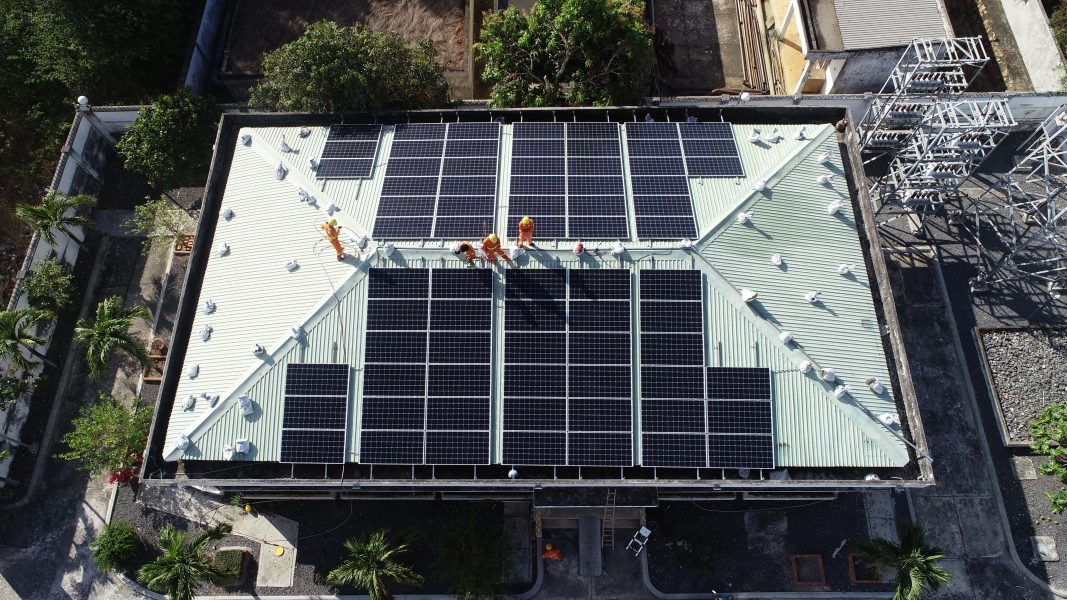Tuesday, 03/03/2026 | 14:52 GMT+7
Additionally, the Vietnamese government to trial a greenhouse gas emissions trading system (ETS) starting in June next year, aiming to impose carbon caps that will compel industries to reduce emissions.
The nine projects, registered for implementation between 2013 and 2020, include the installation of solar systems in Ho Chi Minh City's commercial center, the use of high-efficiency amorphous metal transformers in the southern distribution system, and energy-saving equipment for lens manufacturing factories.
Since the signing of the JCM agreement in 2013, Japan and Vietnam have recognized 15 carbon credit methodologies, with 8 out of 14 registered projects officially approved, resulting in a total of 4,115 carbon credits issued.
According to the JCM official website, this collaboration is based on Article 6 of the Paris Agreement. Japan aims to offset its own carbon emissions by funding emission reduction projects in partner countries, contributing to its Nationally Determined Contributions (NDC). Furthermore, it also seeks to export decarbonization technology and promote carbon market trading through the buying and selling of carbon credits.
To date, Japan has partnered with 29 countries and recognized a total of 101 carbon credit methodologies, including 99 related to renewable energy and energy efficiency, as well as two related to reducing deforestation and forest degradation (REDD+). In total, 83 projects have been registered, with 41 projects approved for carbon credits amounting to 739,411 credits.

The nine JCM projects for which carbon credits were issued include the installation of solar systems in Ho Chi Minh City and energy-saving equipment in factories. (Photo: EVN)
Meanwhile, the Vietnamese government is advancing its carbon market mechanisms, establishing a roadmap for carbon market development in the Law on Environmental Protection and the Greenhouse Gas Emission Mitigation and Ozone Layer Protection Law. This includes setting carbon caps for industries, with the ETS expected to begin trial operations in June 2024 and officially implemented by 2028.
Officials from Vietnam's Ministry of Natural Resources and Environment (MoNRE) stated that with the legal framework and plan structure in place, the next steps will involve assessing the overall economic impact and implications for businesses. The initial phase will target 150 major carbon emitters, particularly focusing on the steel, cement, and coal-fired power sectors.
According to official data from Vietnam, more than 70 countries have implemented carbon pricing mechanisms through carbon taxes and market systems, covering a total of 11 billion tons of carbon emissions—approximately 20% of global carbon emissions.
According to Recessary







